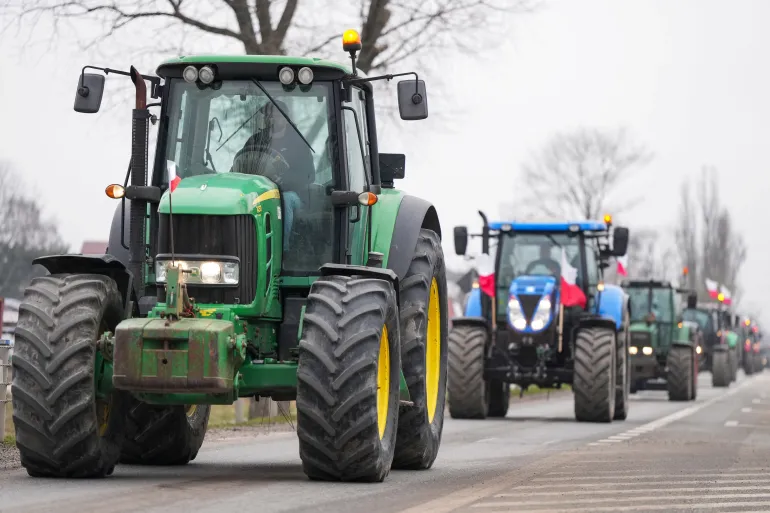As the European Union announces its agreement to cap tariff-free imports from Ukraine, the move reflects a nuanced navigation of the complex landscape of international trade and diplomacy. This decision, while seemingly technical, is imbued with layers of economic, political, and social considerations, highlighting the EU’s attempt to balance internal agricultural interests with its support for Ukraine amidst ongoing geopolitical challenges. Ukraine Farm Imports
Delving into the Motivations
Moreover, the motivations behind this cap on tariff-free imports are multifaceted. On one hand, the EU has been a staunch supporter of Ukraine, particularly in the face of external pressures and conflicts. On the other hand, there’s a growing need to protect the EU’s own agricultural sector from potential market disruptions caused by an influx of tariff-free imports, which could impact prices and income levels for European farmers.
Implications for the Agricultural Sector
Furthermore, this agreement has significant implications for the agricultural sectors in both the EU and Ukraine. For European farmers, the cap could offer a reprieve by stabilizing market conditions and ensuring that domestic products remain competitive. Conversely, Ukrainian farmers, who have benefited from tariff-free access to the EU market, may need to adjust to the new limitations, which could affect their export strategies and economic outlook.
Broader Impact on Trade and Geopolitical Relations
Additionally, this development signals a broader impact on trade and geopolitical relations. The decision to cap imports is a testament to the intricate dance of international trade agreements, where economic interests, political alliances, and support for sovereign nations intersect. It raises questions about how the EU balances its internal cohesion with its external commitments, especially in a time of global economic uncertainties and shifting alliances.
The Path Forward
In conclusion, the EU’s agreement to cap tariff-free farm imports from Ukraine is more than just a trade policy adjustment; it’s a reflection of the broader challenges and considerations facing international trade and diplomacy today. As both the EU and Ukraine navigate this new chapter in their relationship, the implications of this decision will undoubtedly continue to influence discussions on trade policy, agricultural economics, and the enduring bond between these partners. Ukraine Farm Imports
Inspired by Al-Jazeera News and Rear More Articles Here, Read Previous Blog Also.
